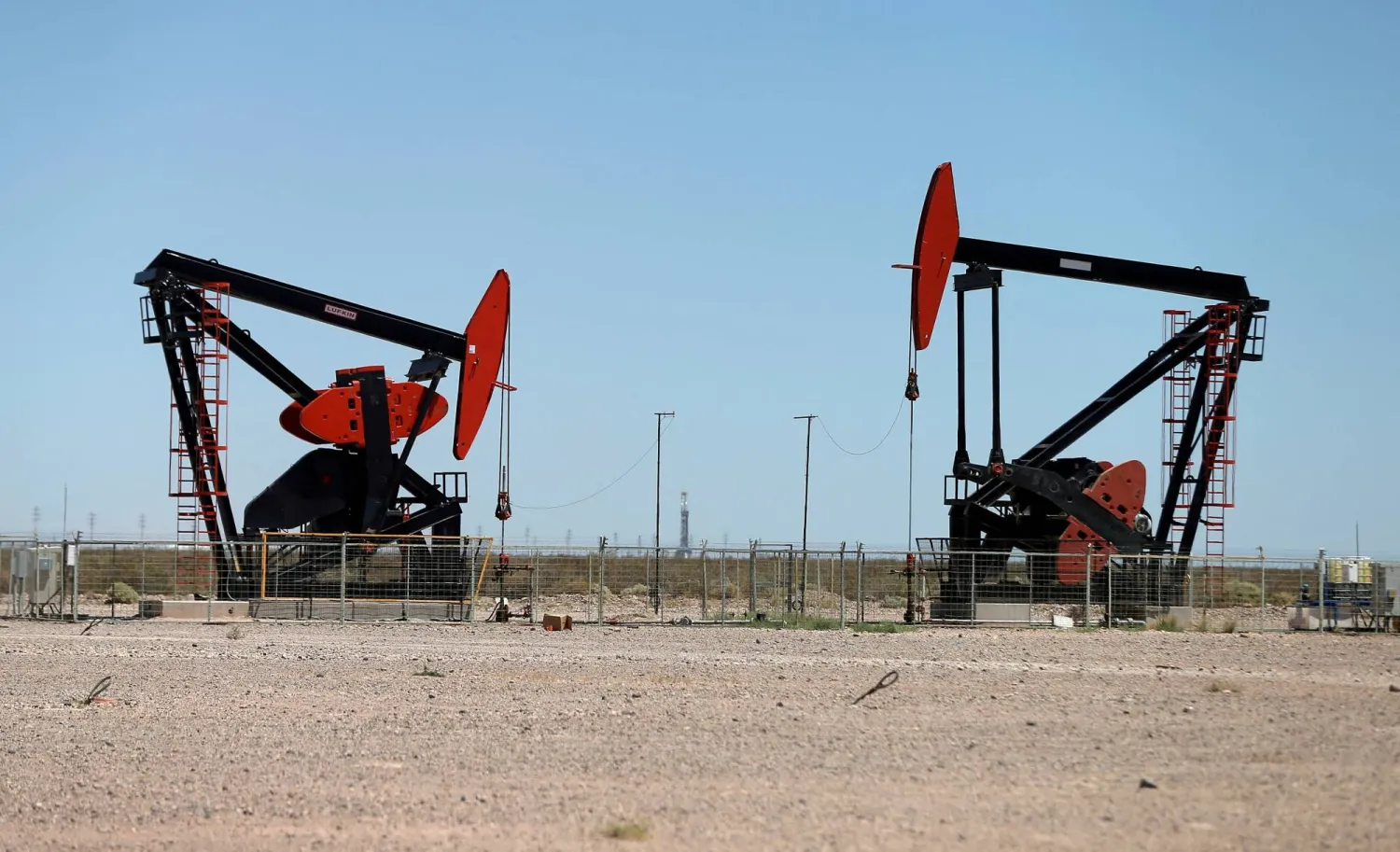Oil prices rose on Thursday following a sell-off triggered by the US presidential election, as risks to oil supply from a Trump presidency and a hurricane building in the Gulf Coast outweighed a stronger US dollar and higher inventories.
Brent crude oil futures were up 65 cents, or 0.87%, at $75.57 per barrel by 0400 GMT. US West Texas Intermediate (WTI) crude gained 54 cents or 0.75% to $72.23, Reuters said.
Concerns around a Trump presidency squeezing oil supply from Iran and Venezuela as well as an approaching storm "more than offset the post-election impact of a stronger US dollar and ... higher-than-expected US inventories," Tony Sycamore, a market analyst with IG, wrote in a note.
Trump's election had initially triggered a sell-off that pushed oil prices down by more than $2 as the US dollar rose to its highest level since September 2022. But the front-month contracts pared losses to settle down 61 cents for Brent and 30 cents for WTI by the end of the Wednesday session.
"Historically, Trump's policies have been pro-business, which likely supports overall economic growth and increases demand for fuel. However, any interference in the Fed's easing policies could lead to further challenges for the oil market," said Priyanka Sachdeva, senior market analyst at Phillip Nova.
"With the bumper surge in the dollar hovering at near 4-month highs, oil seems to be talking massive headwinds in the aftermath of the US election results."
The upside to oil markets may be limited to the short to medium term as OPEC is expected to increase supply capacity in January, while historical trends do not suggest sanctions will prevent India and China from continuing to purchase oil from Russia or Iran, Sachdeva said.
Donald Trump is expected to reimpose his "maximum pressure policy" of sanctions on Iranian oil. That could cut supply by as much as 1 million barrels per day, according to an Energy Aspect estimate.
Trump in his first term had also put in place harsher sanctions on Venezuelan oil, measures that were briefly rolled back by the Biden administration but later reinstated.
In North America, Hurricane Rafael intensified into a category 3 hurricane on Wednesday, and about 17% of crude oil production or 304,418 barrels per day in the US Gulf of Mexico had been shut in response, the US Bureau of Safety and Environmental Enforcement said.
US crude inventories rose by 2.1 million barrels to 427.7 million barrels in the week ending on Nov. 1, the US Energy Information Administration said on Wednesday, compared with expectations for a 1.1 million-barrel rise.
Oil Prices Rise as Investors Eye US Election Fallout

FILE PHOTO: Oil pump jacks are seen at the Vaca Muerta shale oil and gas deposit in the Patagonian province of Neuquen, Argentina, January 21, 2019. REUTERS/Agustin Marcarian/File Photo

Oil Prices Rise as Investors Eye US Election Fallout

FILE PHOTO: Oil pump jacks are seen at the Vaca Muerta shale oil and gas deposit in the Patagonian province of Neuquen, Argentina, January 21, 2019. REUTERS/Agustin Marcarian/File Photo
لم تشترك بعد
انشئ حساباً خاصاً بك لتحصل على أخبار مخصصة لك ولتتمتع بخاصية حفظ المقالات وتتلقى نشراتنا البريدية المتنوعة







